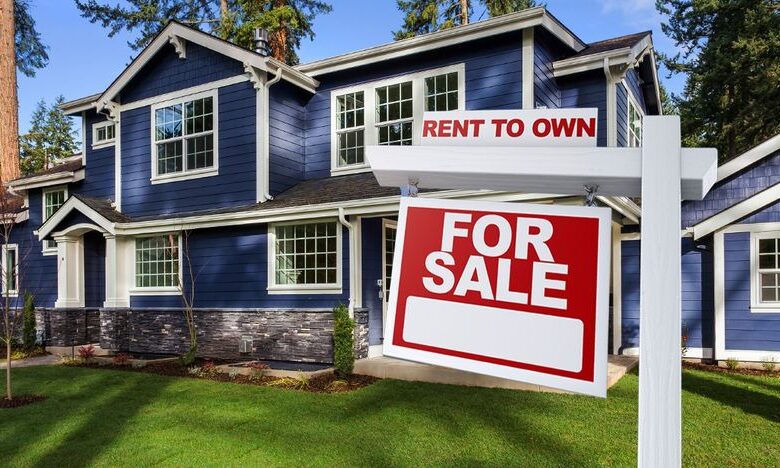Unlocking the Door to Your Dreams: The Advantages of Homes for Rent to Own

The dream of homeownership is a powerful force that drives many individuals and families to seek a place they can truly call their own. However, the traditional path to homeownership often presents challenges, particularly for those with limited financial resources or less-than-perfect credit. In recent years, the concept of “homes for rent to own” has emerged as a viable and flexible alternative, providing a bridge for aspiring homeowners to transition from renting to owning. In this article, we will explore the benefits and considerations associated with homes for rent to own, shedding light on why this option is gaining popularity among prospective homeowners.
Understanding Rent to Own:
Rent to own, also known as lease-option or lease-to-own, is a housing arrangement that combines elements of both renting and homeownership. In a typical rent-to-own agreement, the tenant has the option to purchase the property at a predetermined price after a certain period, usually one to three years. During this lease period, a portion of the rent paid may be credited toward the future purchase of the home, serving as a form of down payment.
Advantages of Homes for Rent to Own:
- Accessibility to Homeownership:
Rent to own provides a unique opportunity for individuals who may not qualify for a traditional mortgage due to factors such as low credit scores or insufficient savings. This flexibility allows a wider range of people to step onto the path of homeownership.
- Test-Drive the Home:
One of the distinctive advantages of rent to own is the chance to live in the property before committing to its purchase. Prospective buyers can assess the neighborhood, experience the home’s quirks, and determine if it truly meets their needs and preferences. This “test-drive” period can help avoid potential buyer’s remorse.
- Building Equity:
Unlike traditional renting, where monthly payments contribute solely to the landlord’s wealth, rent-to-own agreements often include a rent credit. This credit accumulates over the lease period, contributing to the tenant’s equity in the property. This built-up equity can be instrumental in securing a mortgage when the time comes to transition from renting to owning.
- Flexible Terms:
Rent-to-own contracts offer a level of flexibility not typically found in conventional real estate transactions. Buyers and sellers can negotiate terms such as the purchase price, lease duration, and the amount of rent credited toward the purchase. This flexibility allows for a more tailored agreement that suits the needs of both parties.
- Potential Price Appreciation:
Rent-to-own arrangements often come with a predetermined purchase price, providing an advantage if the property’s value increases during the lease period. This potential for price appreciation allows renters to secure a property at a lower cost than its market value when they initially entered the agreement.
Considerations and Challenges:
- Financial Responsibility:
Rent-to-own candidates must be financially responsible, as missed payments or failure to meet the terms of the agreement can result in the loss of the option to purchase and any accumulated rent credits.
- Property Condition:
It’s crucial to thoroughly inspect the property before entering a rent-to-own agreement. Some agreements stipulate that the tenant is responsible for maintenance and repairs, so understanding the condition of the property is essential.
- Market Conditions:
The real estate market can fluctuate, affecting property values. Renters must consider the possibility of market changes and how they may impact the agreed-upon purchase price.
- Legal Counsel:
Given the complexity of real estate transactions, seeking legal advice is advisable when entering a rent-to-own agreement. Legal professionals can ensure that the contract is fair, transparent, and protects the interests of both parties.
Conclusion:
Homes for rent to own offer a compelling alternative for individuals and families aspiring to achieve homeownership despite financial constraints or credit challenges. The flexibility, equity-building opportunities, and the ability to test-drive a property make this option an attractive avenue for those on the journey to owning a home. However, it is crucial for both landlords and tenants to approach these agreements with careful consideration, ensuring that the terms are clear, fair, and legally sound. In navigating the path from renting to owning, homes for rent to own serve as a key that can unlock the door to realizing the dream of homeownership.



